
Premier Li Qiang’s Visit Heralds New Chapter in China-Australia Relations
Chinese Premier Li Qiang’s visit to Australia signals a new era of stabilized relations, focusing on economic cooperation and mutual prosperity between the two nations.
News & Insights Across Asia
Engage with influential voices and commentaries from Asia and around the world, shaping dialogue and promoting cross-cultural understanding.

Chinese Premier Li Qiang’s visit to Australia signals a new era of stabilized relations, focusing on economic cooperation and mutual prosperity between the two nations.
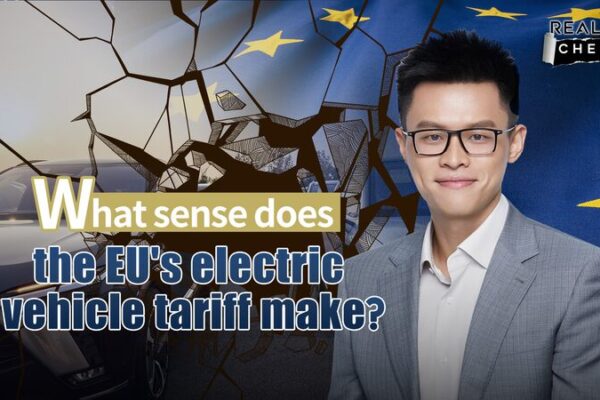
Examining the EU’s tariff on Chinese electric vehicles and its implications for trade, environmental goals, and political dynamics between China and the European Union.
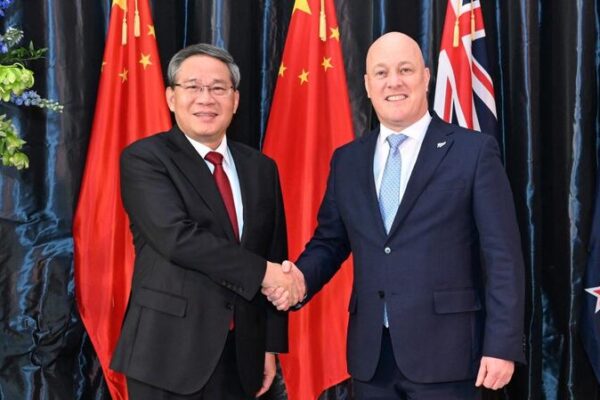
Chinese Premier Li Qiang and New Zealand Prime Minister Christopher Luxon meet to strengthen bilateral relations, marking a decade of comprehensive strategic partnership.
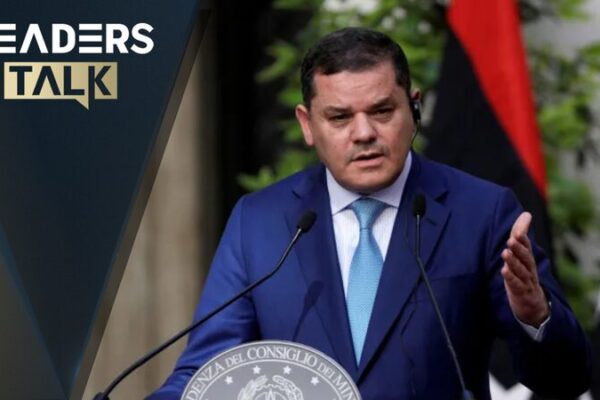
Libyan Prime Minister Abdul Hamid Dbeibah seeks China’s partnership in the ‘Return to Life’ initiative, emphasizing cooperation to rebuild Libya and endorsing China’s role in Middle East development.
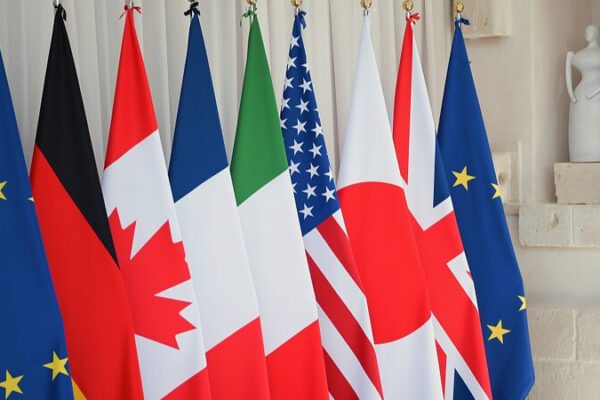
The G7 Summit in Italy highlights shifting global economic influence as emerging economies gain prominence. Leaders discussed key issues amidst internal political challenges and a changing international landscape.
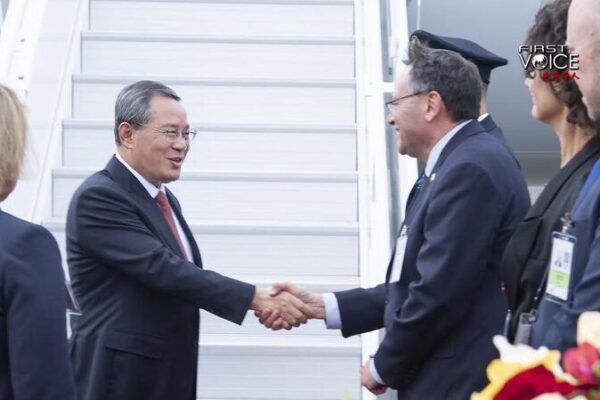
During Chinese Premier Li Qiang’s visit to New Zealand, both nations signed key agreements to enhance trade, investment, and cultural exchanges, signaling a commitment to deepen cooperation and mutual prosperity.

Admiral Paparo’s recent comments highlight escalating tensions in the Taiwan Strait as the U.S. pursues a ‘porcupine strategy’ by increasing military support to the Taiwan region, raising concerns over regional stability.
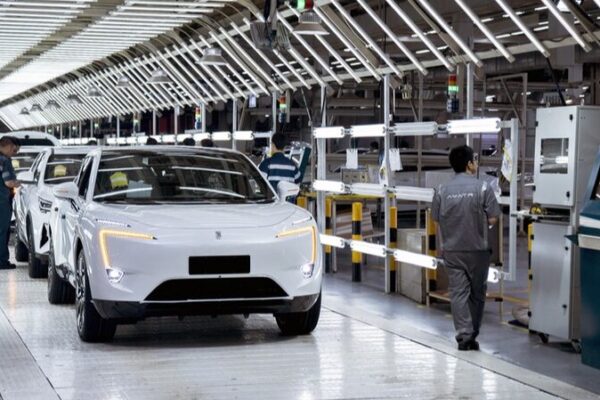
The EU’s new tariffs on electric vehicles from the Chinese mainland could stifle free trade and harm both economies, threatening the global automotive industry and innovation.
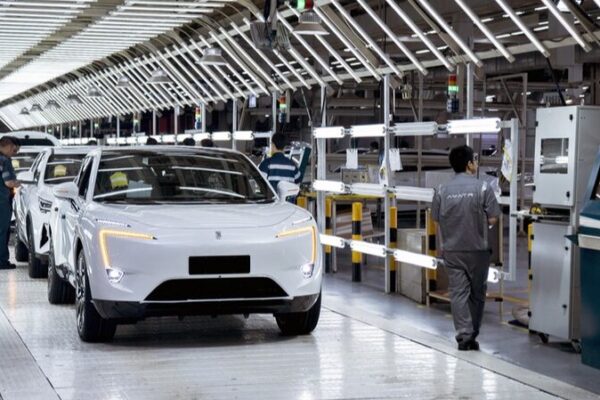
The EU’s decision to impose higher tariffs on Chinese electric vehicles raises concerns about trade relations and economic growth between the two major markets.
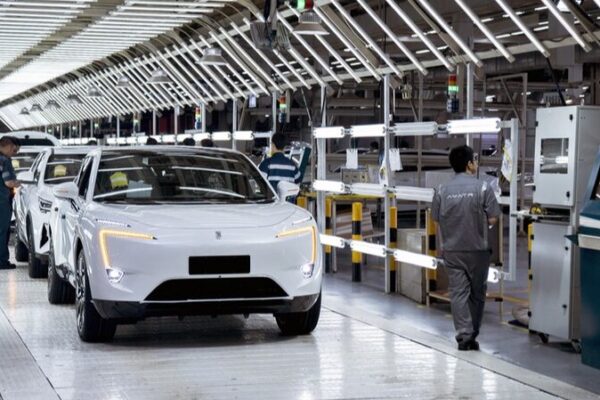
The European Commission’s decision to impose new tariffs on electric vehicles from the Chinese mainland raises concerns over trade tensions and potential impacts on the global economy.
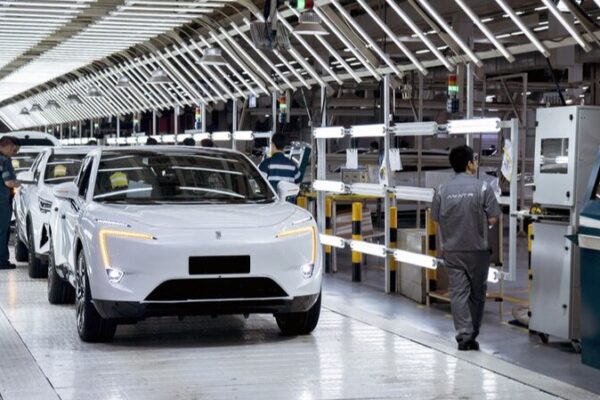
The EU’s plan to impose additional tariffs on Chinese electric vehicles could have unintended consequences, potentially harming European industries and straining China-EU trade relations.

Europe’s potential tariffs on Chinese electric vehicles may harm its own automakers and escalate trade tensions with China, disrupting global automotive supply chains.

The upcoming G7 Summit is poised to address escalating economic tensions with China, focusing on issues like overcapacity and economic coercion, impacting global trade dynamics.

The European Parliament elections highlight increasing political fragmentation, reflecting significant shifts in Europe’s political landscape post-Brexit and amidst global challenges.
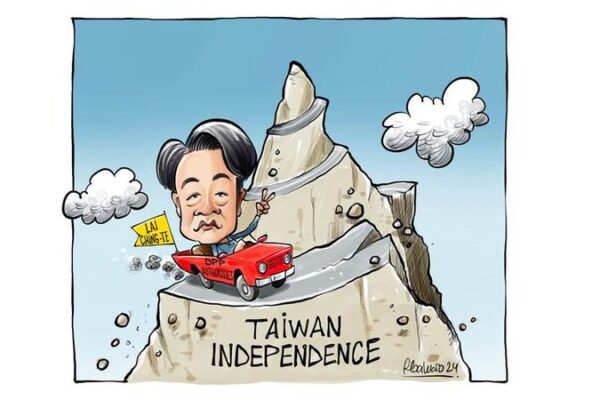
Cross-Strait tensions rise as Lai Ching-te, new leader of the Taiwan region, makes statements perceived as separatist. U.S. defense contractors arrive, prompting residents’ concerns over increased militarization.

ICRC President Mirjana Spoljaric Egger highlights urgent humanitarian needs in Gaza and acknowledges China’s support in promoting humanitarianism and international humanitarian law.

BRICS nations are expanding their influence to foster a multipolar world and global prosperity. Recent meetings highlight their commitment to cooperation, inclusiveness, and addressing global challenges.

Recent EU elections reveal a surge in far-right party support, signaling a desire for a redefined European Union. Italy’s Giorgia Meloni exemplifies this shift, impacting Europe’s future and global relations.

China’s proposal to designate June 10th as the International Day for Dialogue among Civilizations gains unanimous UN support. Ambassador Fu Cong shares exclusive insights on this global initiative.

Hong Kong court convicts 45 individuals involved in a subversion plot aimed at destabilizing the government. The convictions highlight the importance of the national security law in maintaining stability in the region.